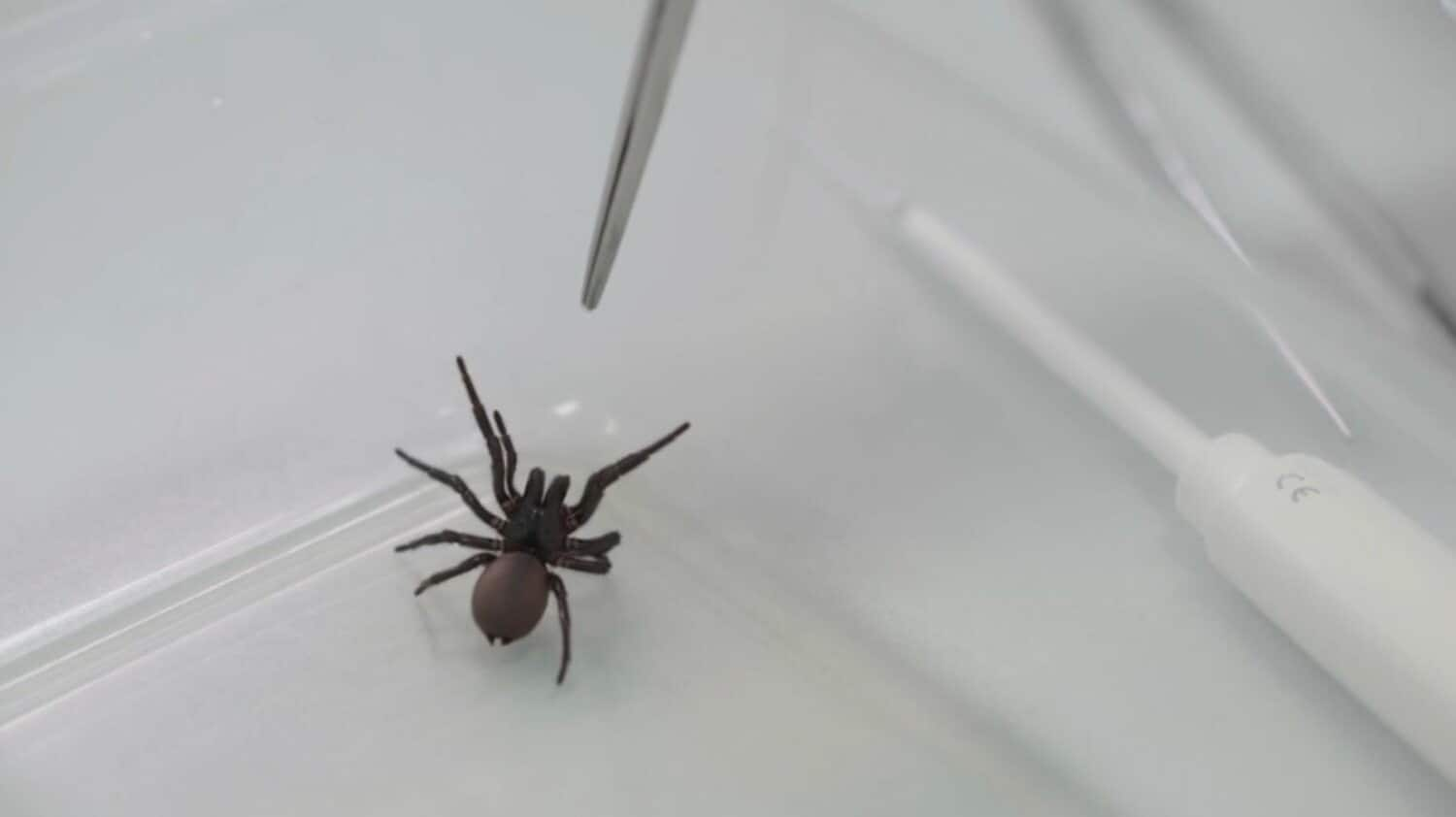
Australian scientists testing spider venom as potential heart attack drug
What's the story
In a promising development, Australian researchers are gearing up to start clinical trials for a heart attack treatment based on the venom of the K'gari funnel web spider. The team, which is based at the University of Queensland, has found a protein called Hi1a in this venom, that could possibly shield the heart in case of oxygen deprivation. The discovery comes as cardiovascular disease continues to be a leading cause of death globally.
Protein properties
Hi1a: A potential lifesaver in spider venom
The K'gari funnel web spider, which is found on Australia's K'gari island, has highly toxic and complex venom. However, only a handful of the 3,000 proteins in this venom are lethal to humans. The rest, including Hi1a, could have practical uses. Preliminary research suggests that Hi1a could protect the heart from damage during a heart attack by blocking signals, that trigger cell death due to oxygen shortage.
Trial commencement
Clinical trials for Hi1a receive significant funding
The Australian government's Medical Research Future Fund has pumped in a lot of money for Hi1a's clinical trials. The trials, which are expected to span four years, will test the protein's ability to treat heart attacks and keep donor hearts safe during retrieval. Glenn King from the University of Queensland's Institute for Molecular Bioscience said if successful, this drug could save lives and money.
Future prospects
Venomics: A promising field for new treatments
The field of venomics, which involves deriving new treatments from animal venom, is promising. Last year, Brazilian scientists started a Phase II human trial for a spider venom-based drug to treat erectile dysfunction. King and his team are also looking into the potential use of Hi1a in treating strokes and certain types of epilepsy.